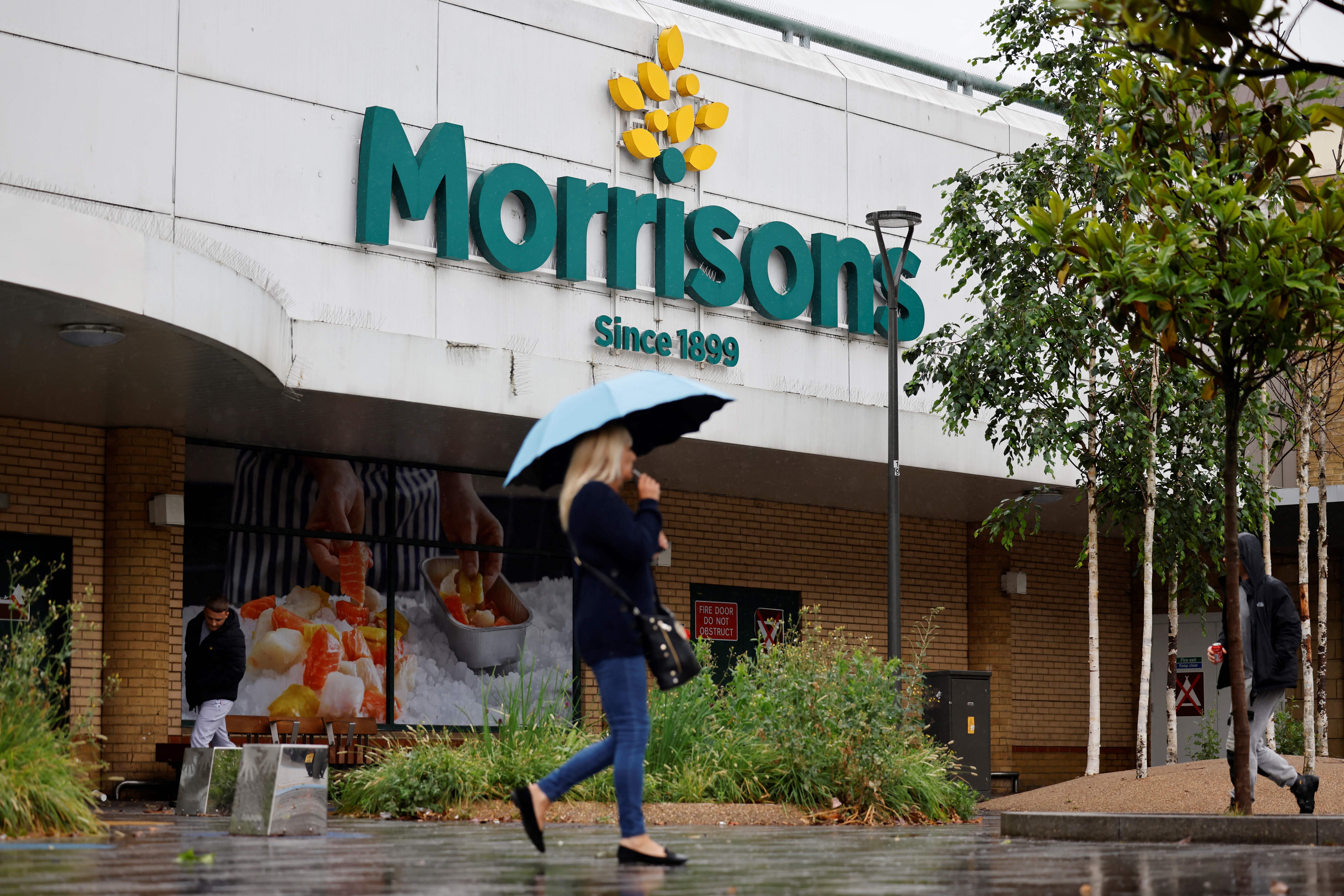Will there be an end to selling England by the pound?
This year has seen a boom in foreign company takeovers. Phil Thornton explains that politicians need to work out how to end the takeover party as central banks remove the punchbowl – without a bitter hangover


The historic era of “easy money” is coming to an end. Central banks are dropping increasing hints they plan to raise interest rates from close to zero and to claw back the trillions of dollars, pounds and euros they injected into the financial system.
Their decisive action undoubtedly stopped a recession turning into a depression on both occasions. But they had little choice: governments were either financially unable to come to the rescue or unwilling to do so.
As a senior banker told me a couple of years ago, central banks had “taken control of financial markets”.
The ability of financiers to access money at low-interest rates has made it easier for financial institutions such as private equity (PE) funds to amass the ammunition to launch ambitious takeover bids – there is no sign of the party ending just yet.
The first half of the year saw PE companies complete 785 UK takeover deals with a combined value of £73.7bn, the largest number and volume since at least 2017, according to KPMG.
The boom continues. In August Bradford-based supermarket Morrisons agreed to a $9.5bn (£6.9bn) takeover offer by US PE firm Clayton, Dubilier & Rice.
Shareholders are due to vote in October, but its share price is still above the 285p a share offer so investors expect another bid. Morrisons’ half-year results on Thursday may show a decline in sales but that is unlikely to curb bidders’ enthusiasm thanks to the chain’s large property portfolio.
Last October it was the turn of UK PE firm TDR Capital to team up with billionaire petrol station tycoons Mohsin and Zuber Issa to buy Leeds-based Asda supermarkets for £6.8bn.
The new owners promised not to cut jobs or strip assets such as property – and Morrisons bidders are likely to do so the same. The hope is that they will not, as that would have a major impact on the government’s levelling up agenda given the location of their headquarters and many of their stores.
But the acquisition fever spreads beyond retail. The KPMG data show there was a “frenzy” for business services, energy, and telecoms, media and technology (TMT) firms.
Given that these are the growth sectors that should be central to a long-term growth strategy, this may be a concern. The fallout from the sale of UK homegrown tech star ARM Holdings is a sign that these deals are getting noticed by politicians as well as economists and investors.
The Cambridge-based company was taken over by private Japanese telecommunications company SoftBank Group in 2016 for £23bn and could be sold to US technology company Nvidia for £40bn. Regulators have raised concerns over the impact on competition.
The potential sale of defence companies Meggitt and Ultra will be causing ministers greater headaches. Meggitt has reaffirmed plans to accept a £6.3bn bid from American engineers Parker-Hannifin while Ultra Electronics, a major supplier to the Royal Navy, would be bought by Cobham, a UK firm that was itself bought by US private equity firm Advent International last year.
The government has pushed through tighter controls under the National Security and Investment Act but seems reluctant to use them. The sale of Newport Wafer Fab to Nexperia is set to go ahead despite concerns over the company’s links to the Chinese Communist Party. As KPMG partner, Jonathan Boyers, put it: the full impact of the act is yet to be seen.

But it is more the economic implications than national security that politicians should worry about. Whatever promises are made, foreigner owners – and especially private equity firms with their robust rate of return targets – will need to make their acquisitions pay back.
That might mean ambitious and innovative growth strategies. But it may also mean selling off unwanted production facilities and staff. The decision by Kraft to shut Cadbury’s Keynsham factory for which it only received a slap on the wrist is one example.
The pressure to drive down costs will impact firms further down the supply chain and even freelance employees such as HGV drivers, whose shortage may be as much due to worsening conditions caused by Brexit or Covid. This too threatens to undermine the levelling up agenda.
Free-marketeers worry about any restriction on takeovers. But this is not about turning off the tap, this is simply checking the water is the right temperature for the host country and its citizens.
Even the Business, Enterprise and Industry select committee has asked the Competition and Markets Authority for advice in the wake of the Morrisons bid on how future deals can “protect consumers and workers”.
With central banks now talking about taking the QE punchbowl away, it could be that the takeover party will be over. Now would be a good time to start thinking about easing the hangover.




Join our commenting forum
Join thought-provoking conversations, follow other Independent readers and see their replies
Comments